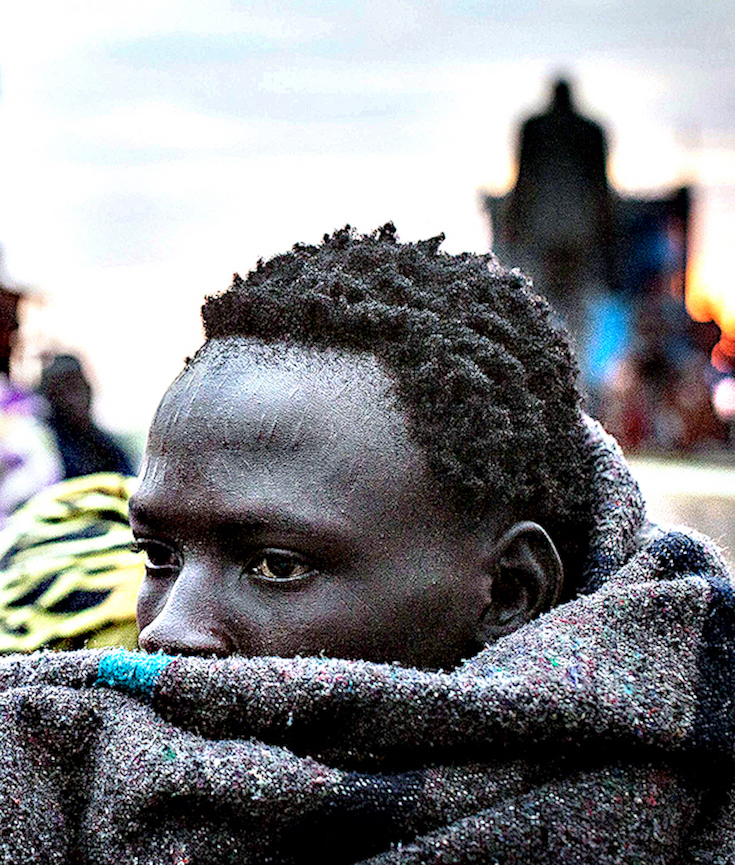He and his wife, Angelina, had enjoyed years of peace, he farming the fields, she selling the produce in the market. They were poor but welded to each other. Just that morning, they had talked about walking into town to buy their first mobile phones.
But as Mr. Burete made it back to the house, out of breath, red dirt still stuck to his knees, he couldn’t believe his eyes. His wife was lying on the floor, burned to death in a rampage by government forces.
[mc4wp_form id=”6042″]
“I used to call her akara-ngba,” he said, which means in the Zande language “the last word on beauty.”
He could barely choke out the words.
South Sudan’s war and its full ugliness are engulfing new, previously peaceful areas of the nation, spelling horror for the victims and signifying something deeper: This country is cracking apart.

South Sudan, officially the Republic of South Sudan, is a landlocked country in northeastern Africa that gained its independence from Sudan in 2011. Its current capital is Juba, which is also its largest city. It was planned that the capital city would be changed to the more centrally located Ramciel in the future before civil war broke out. South Sudan is bordered by Sudan to the north, Ethiopia to the east, Kenya to the South East, Uganda to the south, the Democratic Republic of the Congo to the southwest, and the Central African Republic to the west. It includes the vast swamp region of the Sudd, formed by the White Nile and known locally as the Bahr al Jabal.
The territories of modern South Sudan and the Republic of the Sudan were occupied by Egypt under the Muhammad Ali Dynasty, and later governed as an Anglo-Egyptian condominium until Sudanese independence was achieved in 1956. Following the First Sudanese Civil War, the Southern Sudan Autonomous Region was formed in 1972 and lasted until 1983. A second Sudanese civil war soon developed and ended with the Comprehensive Peace Agreement of 2005. Later that year, southern autonomy was restored when an Autonomous Government of Southern Sudan was formed.
South Sudan became an independent state on 9 July 2011, following a referendum that passed with 98.83% of the vote. It is a United Nations member state, a member state of the African Union, of the East African Community, and of the Intergovernmental Authority on Development. In July 2012, South Sudan signed the Geneva Conventions. South Sudan has suffered ethnic violence and has been in a civil war since 2013; as of 2016 it has the second highest score on the Fragile States Index (formerly the Failed States Index). (Wikipedia).







You must be logged in to post a comment.